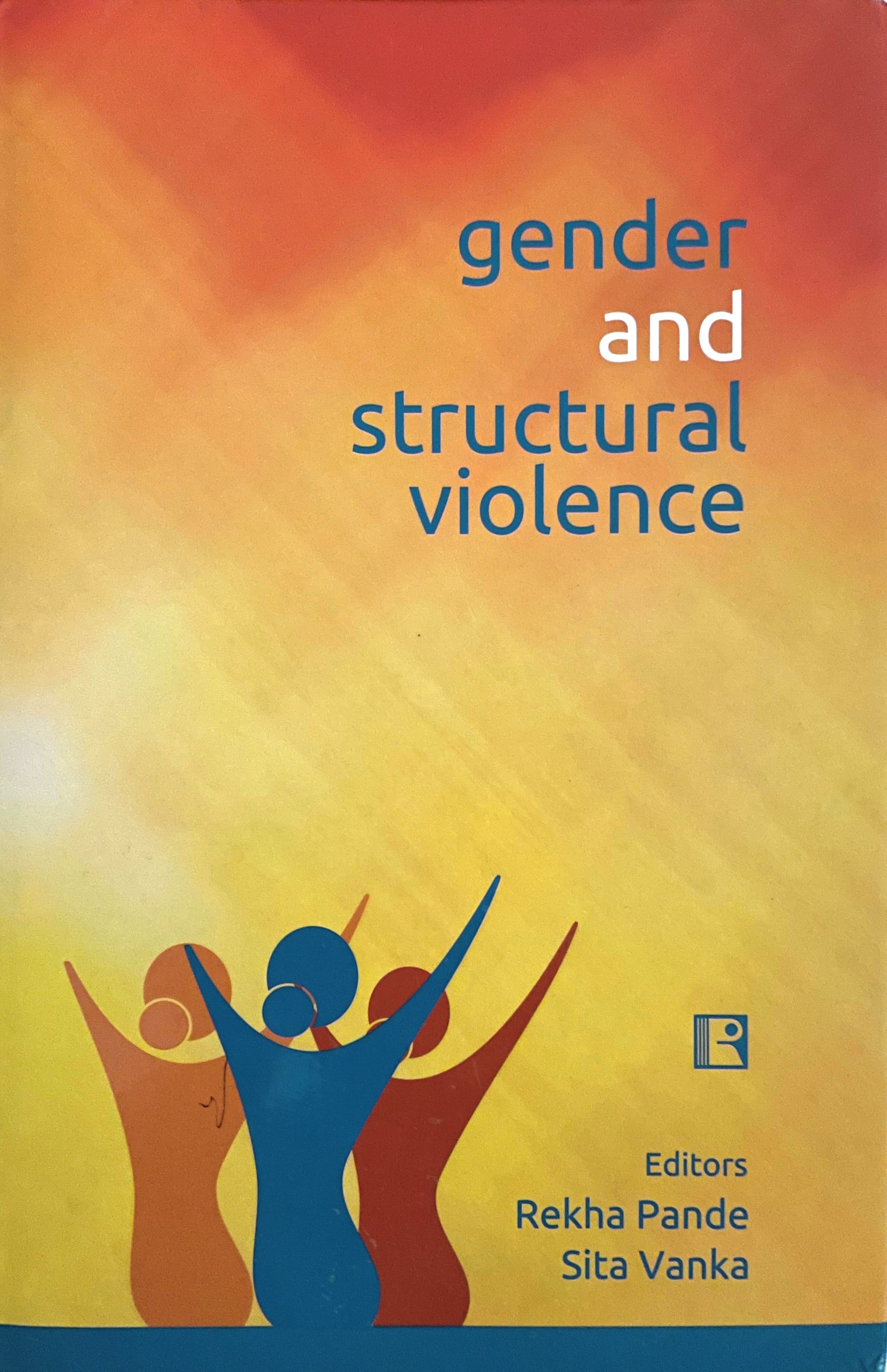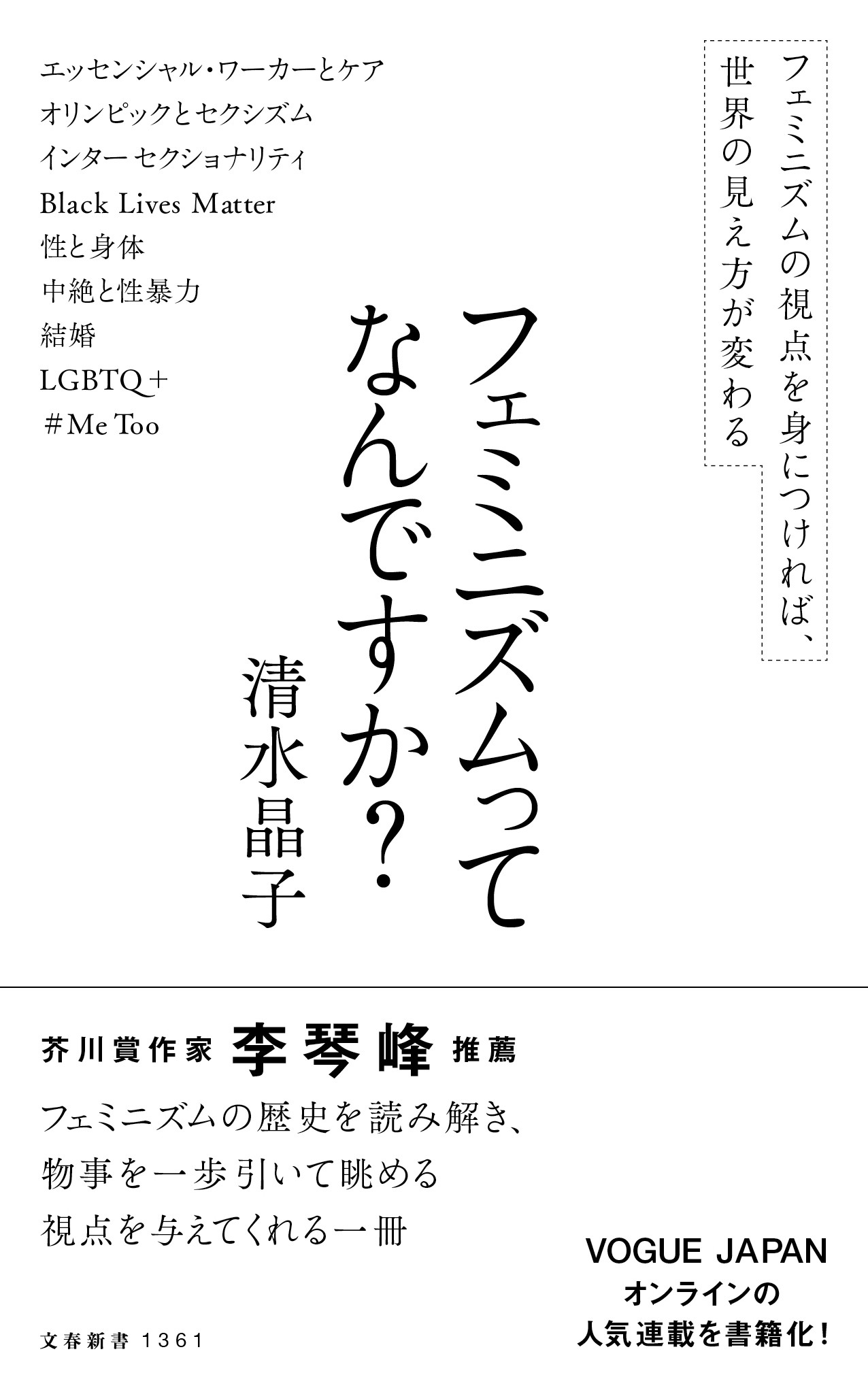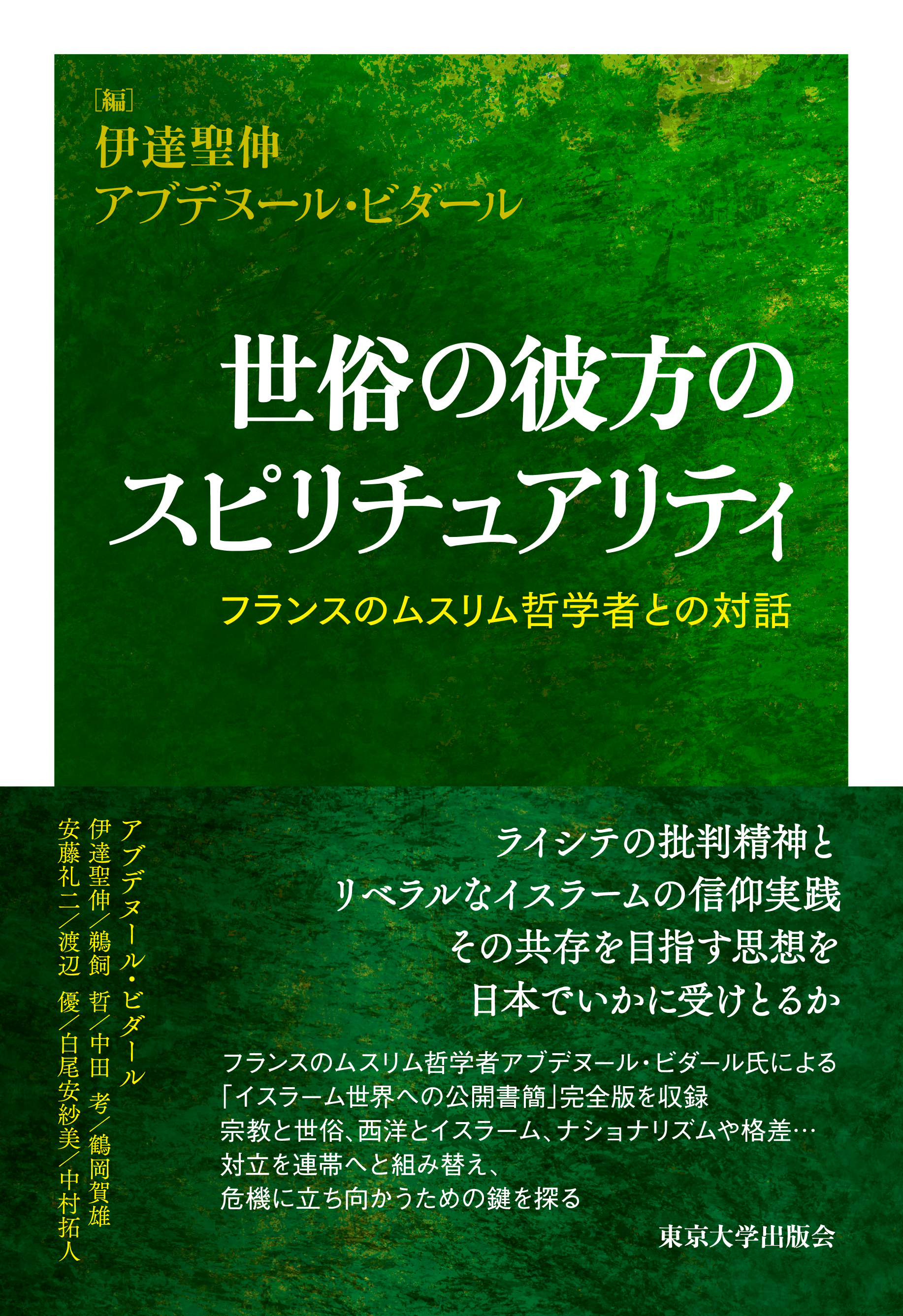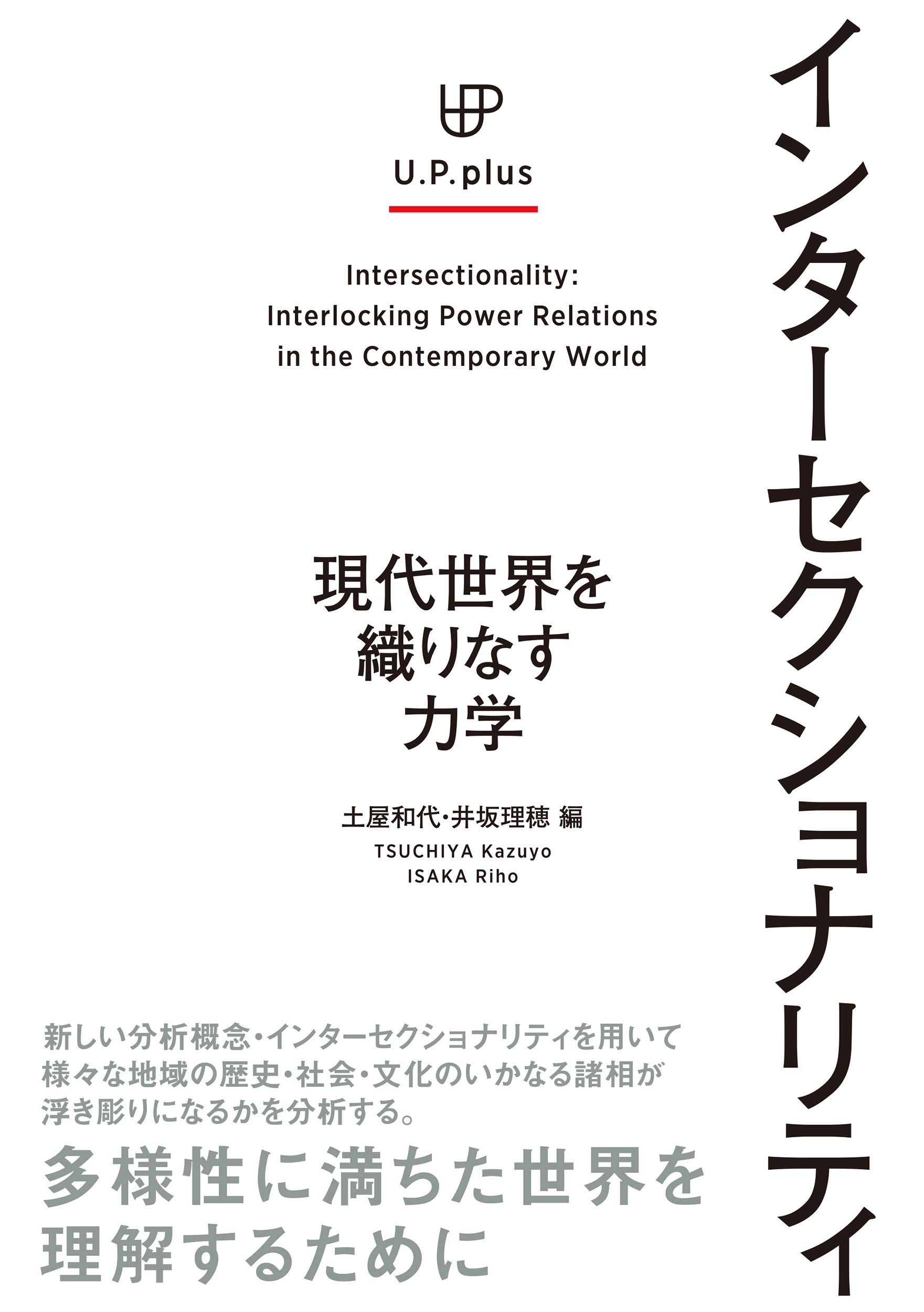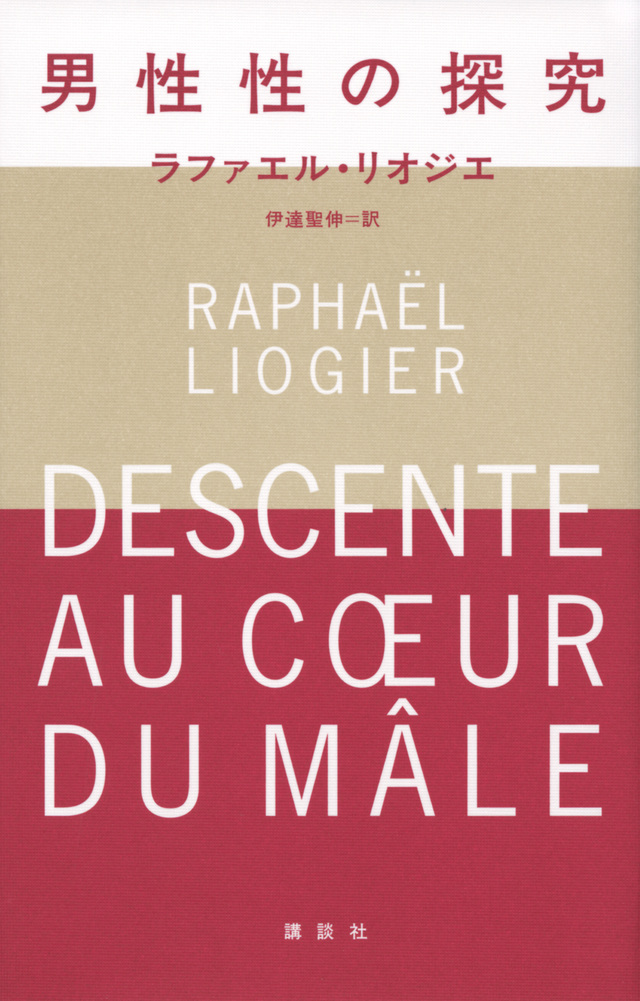
Title
Dansei-sei no Tankyu Descente au cœur du mâle (Heart of Maleness: An Exploration)
Size
178 pages, B6 format
Language
Japanese
Released
March 31, 2021
ISBN
978-4-06-522726-8
Published by
Kodansha Ltd.
Book Info
See Book Availability at Library
Japanese Page
At the University of Tokyo, one of the topics of discussion in recent years is whether or not the number of female students will reach 20% of the newly enrolled students. Perhaps because the proportion of male students in the Department of French Studies at Sophia University where I worked previously was about 10 to 20%, one of the things that left an impression when I first arrived at the University of Tokyo Komaba Campus was the large number of male students. Similarly, at the appointment ceremony held in April of 2019, I was surprised to see that, of the nearly thirty new hires, there was only one female faculty member.
Looking back, I, myself, was a graduate of a rural all-male public high school who was surprised at the relatively large number of female students when I entered the Humanities and Social Sciences III division of the University of Tokyo some thirty years ago. Despite that background, after returning from France where I wrote my doctor thesis, even I felt unease at the male-centeredness of the decision-making processes of various social organizations. That said, I cannot deny with confidence that my own view of the world is not rooted in a somewhat male-centeredness.
In 2017, when the #MeToo movement swept across the world, I was on sabbatical leave in Canada. While I was concerned about the many stories of abuse told by women on social media, I was not sure how I should react. And although not directly related to my area of expertise, religious studies, I felt that, as a man and as a citizen of the world, it is an issue that we need to pay attention to. That said, whenever I thought about saying something, I felt that my own positionality would be questioned. I found myself unable to take a firm stance on the issue, and, time had rolled by without being able to do anything.
It was in the midst of this internal struggle when I encountered this book by Raphaël Liogier, a French sociologist and philosopher whose focus is on religious matters and whose area of expertise is close to my own. Not only did Liogier’s stance of reflecting on the negative aspects of masculinity in light of the #MeToo movement while accepting the positionality of a Western white male resonate with me, but it also opened my eyes to the possibility of placing this movement in the context of the long human history of religion and secularism—which is what led me to conclude that translating this work into Japanese would be of value.
Liogier argues that the gaze, speech, and actions of men that objectify women as something to be possessed has created a male-centric society. His fundamental assertion is quite simple—that we should acknowledge the will of women. It is so simple that I can almost hear the readers saying, “we knew that already.” At the celebration party for the publication of the original French version of the book, Liogier is said to have been told by another man that the male image criticized by Liogier did not apply to him (the man). Soon thereafter, the same man was embroiled in a scandal after being indicted for sexual harassment.
There are many things that we think we understand but do not really understand. For readers who have explored feminism to some extent, the book’s contents may seem like common knowledge. Nonetheless, considering the current state of social, economic, and symbolic disparities between men and women, the significance of the author’s assertion that we can reaffirm differences between the sexes even after achieving a level (gender-equal) playing field, which he makes from a male standpoint for a male audience, remains large.
(Written by DATE Kiyonobu, Associate Professor, Graduate School of Arts and Sciences / 2021)



 Find a book
Find a book


